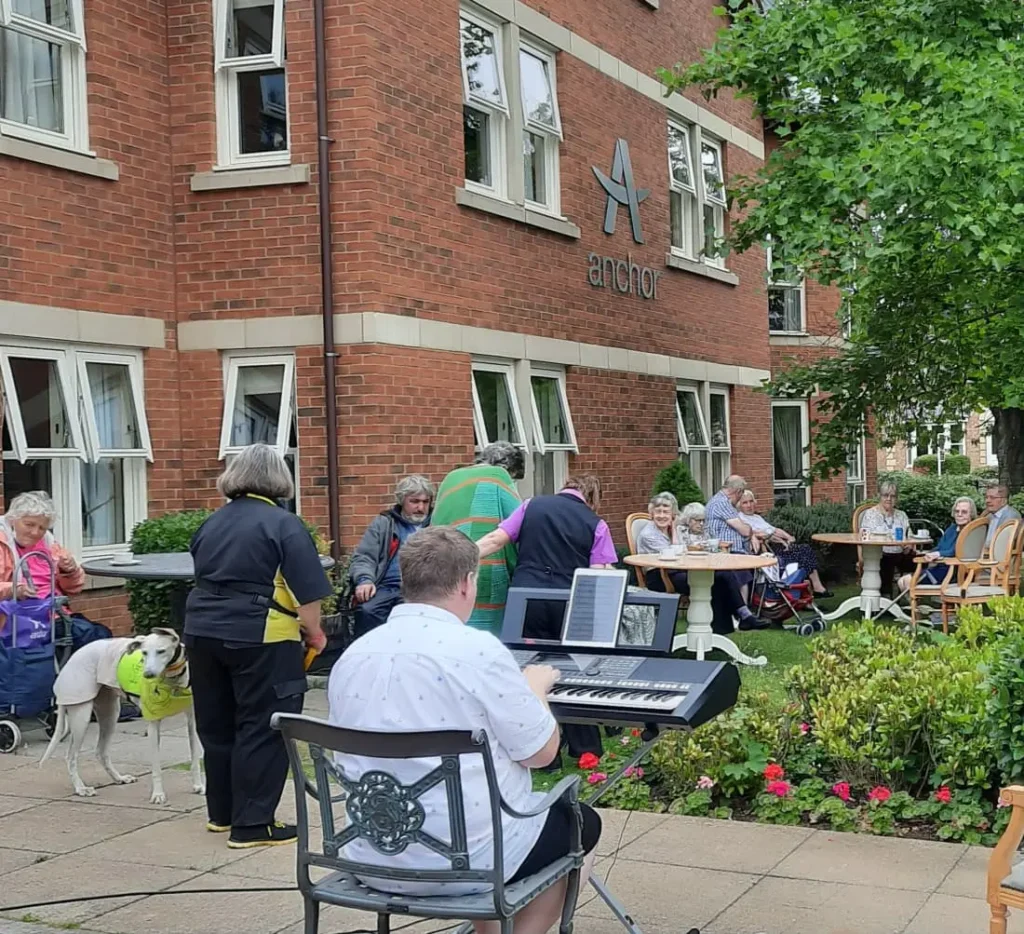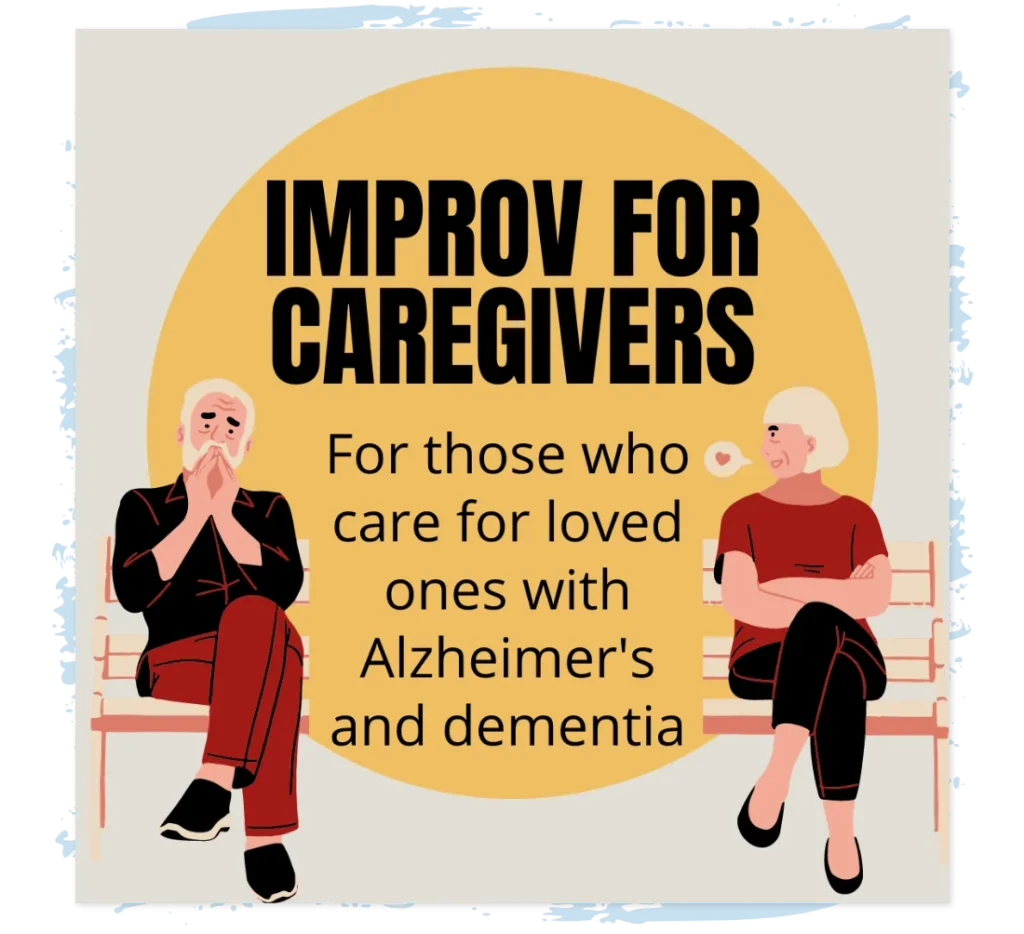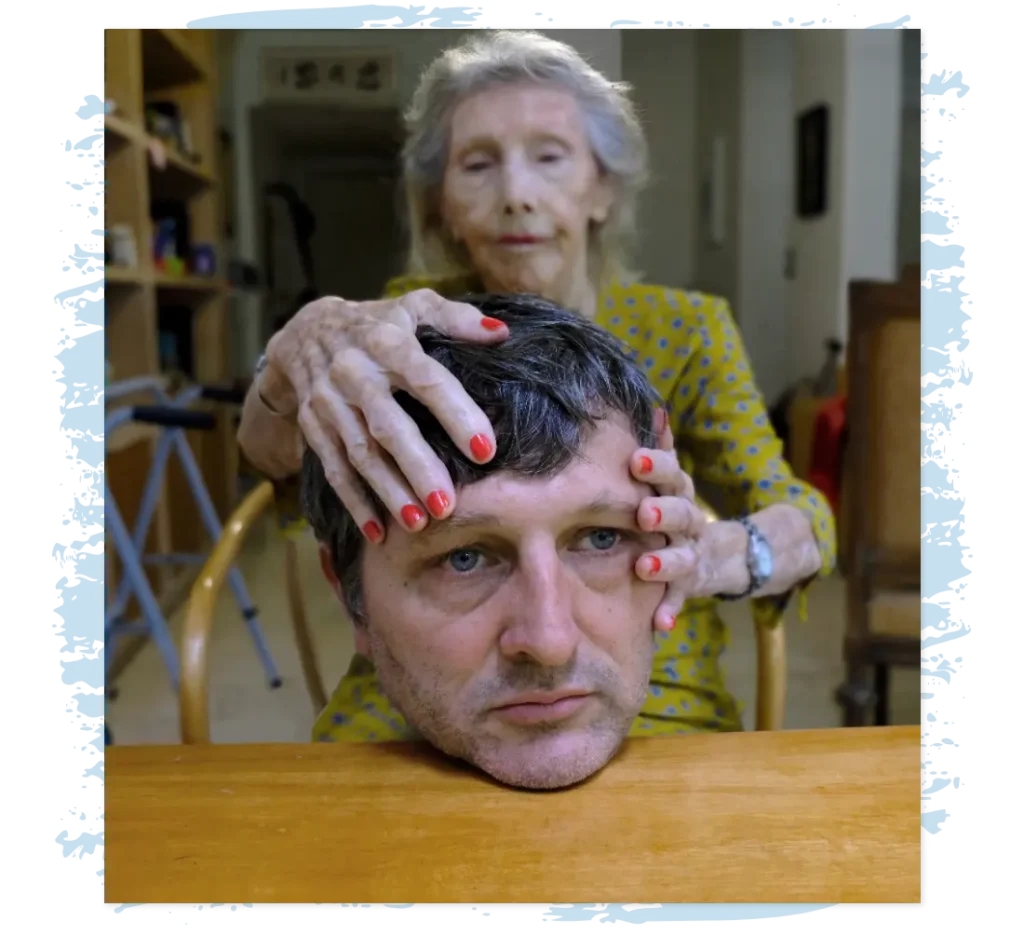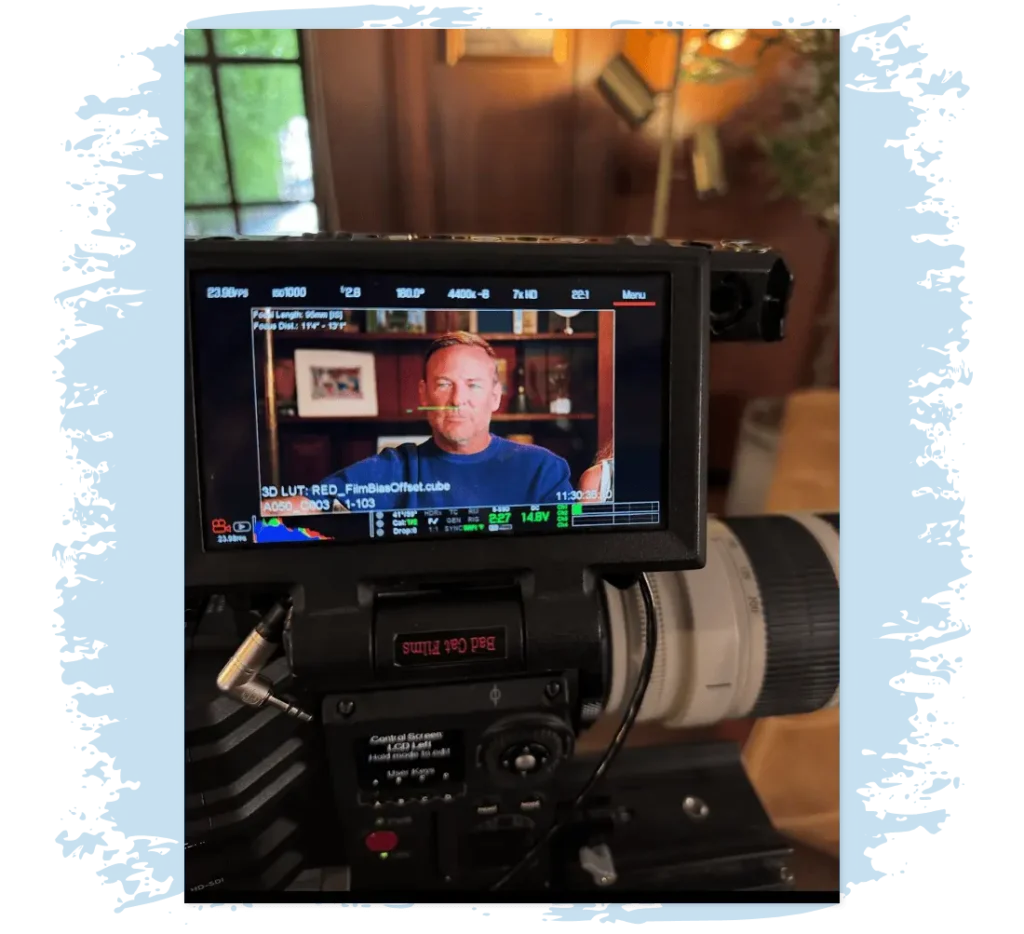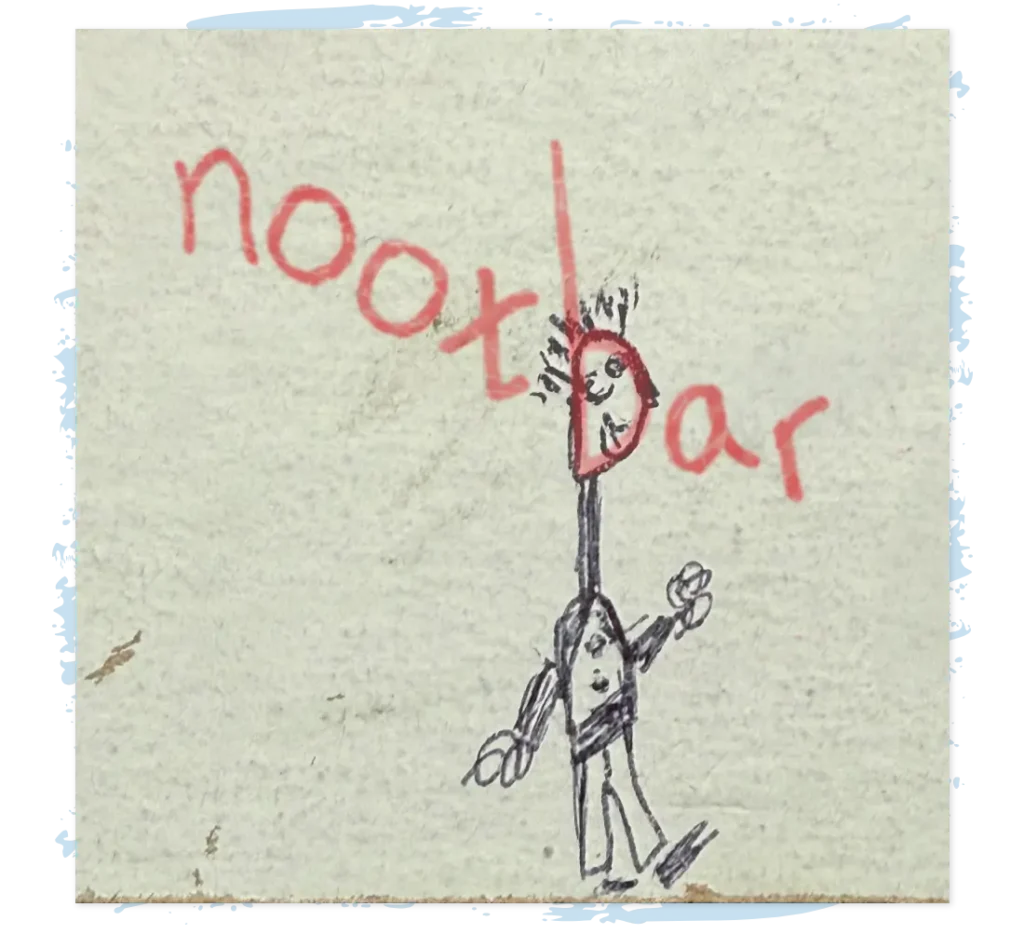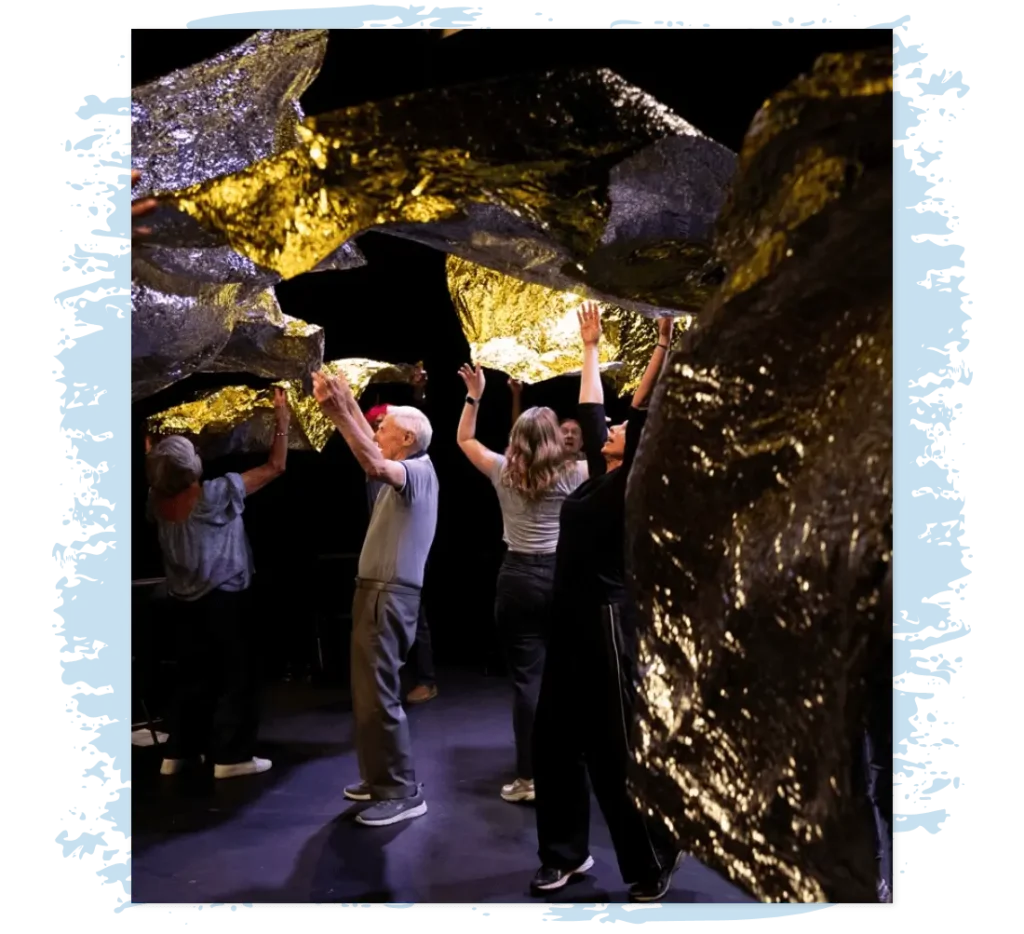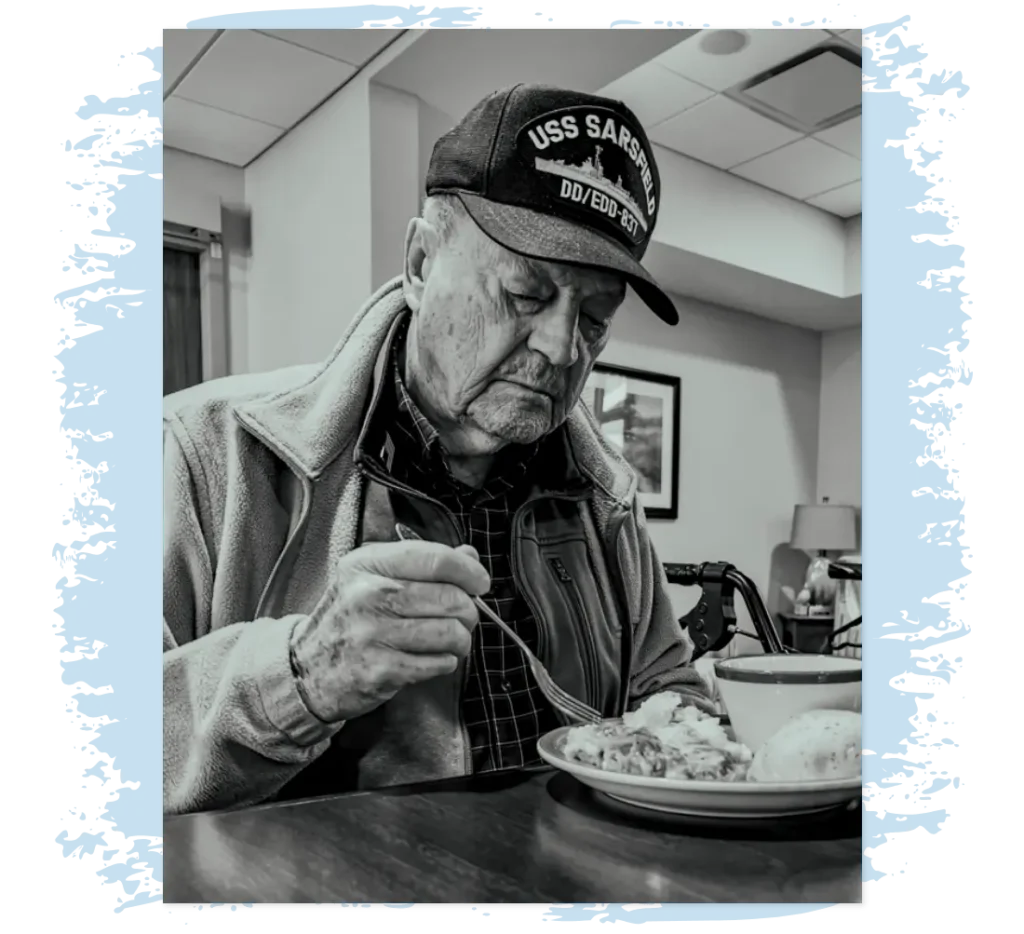What is Bringing Harmony to Dementia Care and how did it come to be?
Bringing Harmony to Dementia Care: Richard’s Rhythmic Remedy and Notation, from Rick & Rowen Entertainments, was born out of a deep understanding of the therapeutic power of music, particularly for those living with dementia.
As a pianist and music therapist, I sought to create a specialized service that could harness the healing power of instrumental keyboard music for those living with dementia. And I built a team at Rick & Rowen Entertainments Ltd. with that same mission in mind.
The project began with extensive research into the benefits of music therapy for dementia patients, as well as consultation with experts in the field. We then developed a tailored approach to instrumental keyboard music, focusing on creating personalized sessions that would provide comfort, joy, and moments of clarity for each individual person.
We hope to convey to our audiences and participants that they are not alone, and that there is beauty, joy, and connection to be found in music, no matter what challenges they may be facing.
Richard Ellis Hawley
We plan to work closely with dementia care facilities, hospitals, and individuals to provide these personalized sessions. We use a variety of techniques, including familiar melodies, improvisation, and rhythmic patterns, to create a calming and engaging musical experience.
Through Richard’s Rhythmic Remedy and Notation, our message is clear: music has the power to heal, comfort, and uplift, even in the face of dementia. We hope to convey to our audiences and participants that they are not alone, and that there is beauty, joy, and connection to be found in music, no matter what challenges they may be facing.
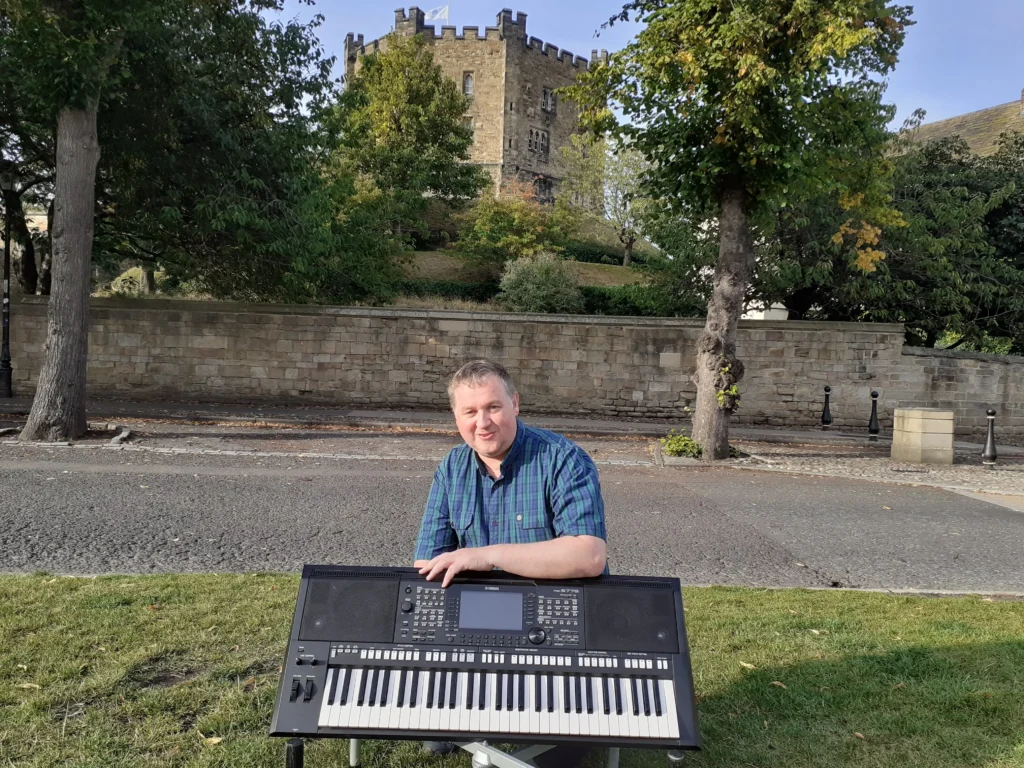
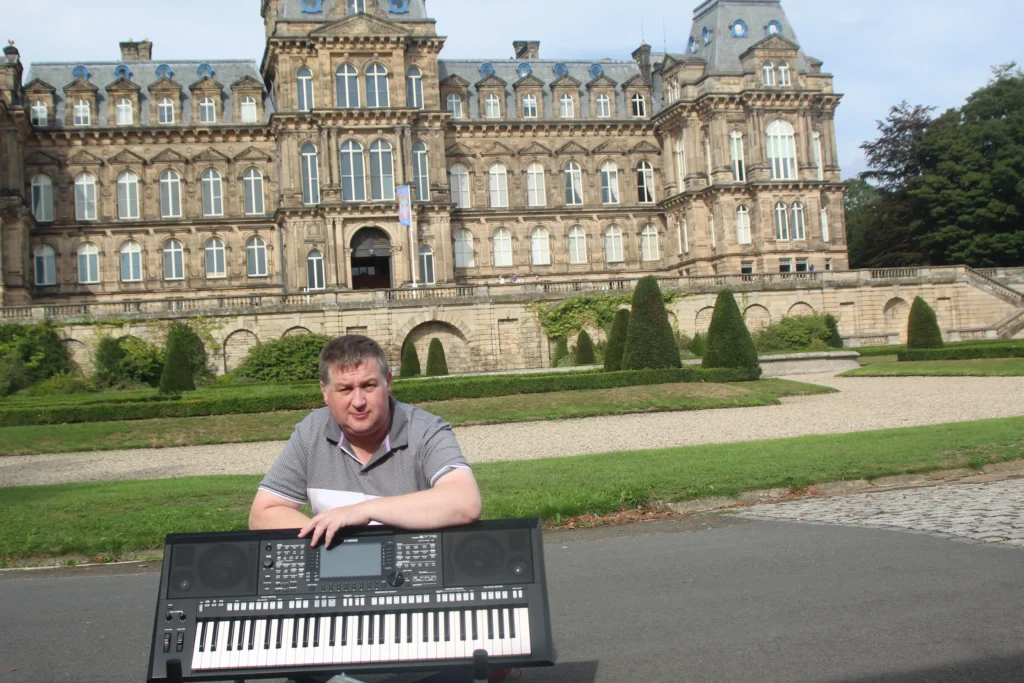
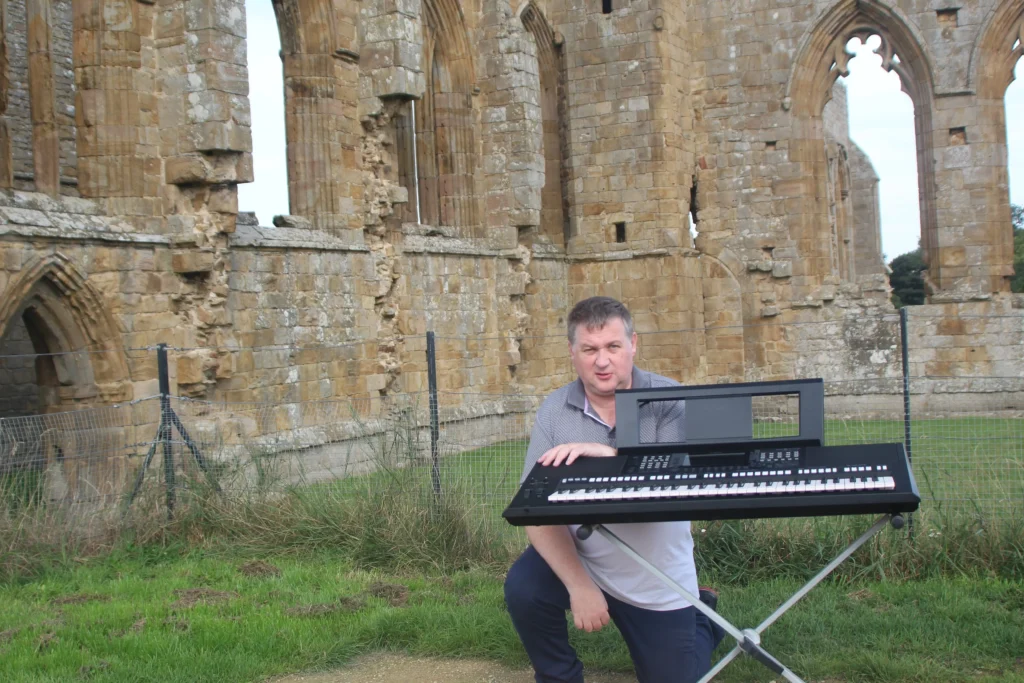
Who initially inspired you to grapple with dementia?
My inspiration to grapple with the subject of dementia stems from personal experiences. Seeing how it has affected my late mum, Patricia Ellis, my next-door neighbor, Glyn Maughn, my two uncles, Eddie and Wilf Ellis, and my grandmother, Jessie Ellis, whom I unfortunately didn’t have the chance to meet, was and continues to be incredibly challenging. Dementia’s impact on families is profound, and understanding it better may help others going through similar experiences.
How has working on dementia-related art changed you?
Working with dementia patients has profoundly changed our outlook on the power of music and its ability to transcend barriers. Witnessing the transformative effects that music can have on individuals living with dementia has reinforced our belief in the healing and therapeutic properties of art.
Through our work with dementia patients, we have come to appreciate the importance of connection, empathy, and patience in the creative process. We have learned to approach our art with a greater sense of sensitivity and understanding, recognizing the unique needs and experiences of each individual.
How has the work been received?
Our work with dementia patients continues to be well received and has deepened our appreciation for the aging process and the inherent dignity and value of every stage of life. We have seen firsthand the resilience, strength, and beauty that can be found in aging, and we are committed to celebrating and honoring the wisdom and experiences of older adults.
In short, our work with dementia patients has taught us to view our art as a powerful tool for connection, healing, and expression, and has instilled in us a greater sense of compassion and appreciation for the aging process. We are grateful for the opportunity to use our art to make a positive difference in the lives of dementia patients and their families, and we are inspired to continue exploring the transformative potential of music for people of all ages and abilities.
This work is dedicated to: Patricia Ellis, my mum
Find more from Rick & Rowan Entertainment on Facebook. Richard Ellis Hawley is based in the UK, to reach out about scheduling, send Richard a message on Facebook.

